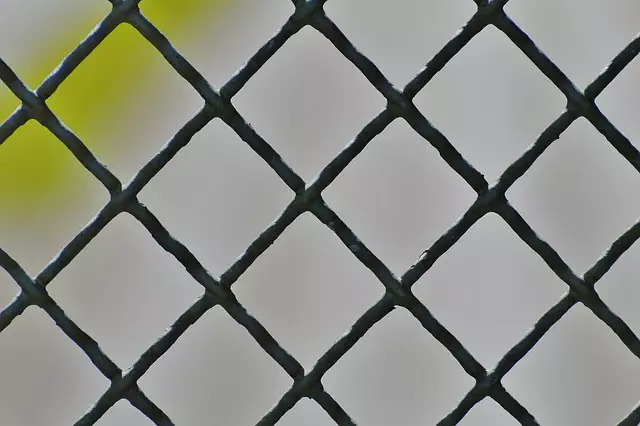Delta-8 THC, a minor cannabinoid in cannabis with milder effects than Delta-9 THC, has gained popularity for medical use due to its reduced anxiety and paranoia. While growing kratom plants (a term often used interchangeably with home cultivation of Delta-8) is an option, legal uncertainty surrounds Delta-8 THC at the federal level. Home cultivation faces challenges like regulatory issues and inconsistent yield. Consumers should stay informed about local laws and consider risks before attempting to grow or use Delta-8 THC.
Delta 8 THC, a synthetic cannabis-like compound, has gained popularity for its psychoactive effects, offering a potentially milder alternative to traditional Delta 9 THC. This emerging trend raises questions about its production, legality, and safety compared to kratom, a herb often cultivated by enthusiasts. In this article, we explore the world of Delta 8 THC, comparing it to its more well-known counterpart, while investigating the practical aspects of growing and using this compound, including legal considerations.
- What is Delta-8 THC and How Does it Compare to Delta-9 THC?
- Growing and Using Delta-8 THC: Is It Legal and Safe?
What is Delta-8 THC and How Does it Compare to Delta-9 THC?

Delta-8 THC, or delta-8-tetrahydrocannabinol, is a cannabinoid that has gained recent attention for its psychoactive properties, similar to its more well-known counterpart, Delta-9 THC. While both compounds are derived from the cannabis plant, they exhibit distinct differences in terms of their effects and legal status. Delta-8 THC is a minor cannabinoid found in trace amounts in the cannabis plant, approximately one to two percent, compared to Delta-9 THC’s higher concentration of around 15-20%.
In comparison to Delta-9 THC, Delta-8 THC is considered less potent but may produce milder and more desirable effects. Some users report experiencing a clear headiness without the intense anxiety or paranoia sometimes associated with Delta-9 THC. This subtle difference makes Delta-8 THC an attractive option for those seeking a more manageable high, especially for medical purposes where specific symptoms like pain and nausea are targeted without the overwhelming mental effects. However, it’s essential to note that both compounds share many of the same risks and potential side effects, including dizziness, dry mouth, and impaired coordination, so responsible use is crucial, even when considering alternatives like growing kratom plants (if legal in your region).
Growing and Using Delta-8 THC: Is It Legal and Safe?

Delta-8 THC, a synthetic compound similar to cannabis, has gained popularity in recent years for its psychoactive effects. However, the question remains: is it legal and safe to grow and use? While some states have legalized Delta-8 THC products, federal laws remain unclear, leaving consumers uncertain about their legality. The process of growing Delta-8 THC at home, often referred to as “can you grow kratom,” is also a topic of debate due to potential regulatory issues and safety concerns.
Cultivating your own Delta-8 THC plants is not without challenges. It requires specialized knowledge and equipment, and the yield may not meet commercial standards. Moreover, the safety of consuming home-grown Delta-8 THC is questionable, as unregulated cultivation can lead to inconsistent potency and potential contamination. Always stay informed about local laws and consider the risks before attempting to grow or use this compound.
Delta-8 THC, a synthetic cannabis-like compound, offers unique psychoactive effects distinct from its more well-known counterpart, Delta-9 THC. While its legal status varies globally, with some regions allowing limited growth and use, safety concerns remain. As with any substance, informed consent and responsible consumption are paramount. Understanding the nuances of Delta-8 THC, including its production methods like growing (or acquiring) kratom alternatives, empowers users to make educated choices. Further research is needed to unlock the full potential of this compound while ensuring consumer protection.






